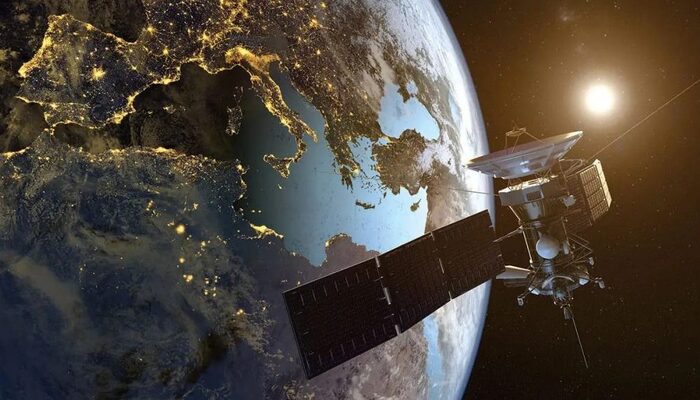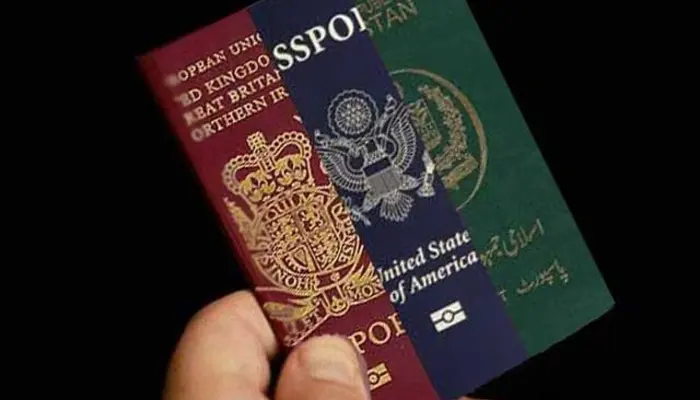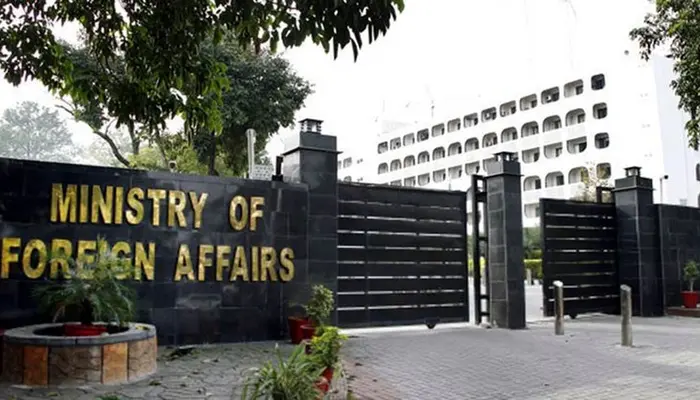Pakistan’s First Multi-Mission Satellite PAKSAT-MM1 Becomes Operational
A Major Milestone for Pakistan

ISLAMABAD: Pakistan’s first multi-mission satellite, PAKSAT-MM1, has officially become operational after successfully completing testing. This marks a significant achievement in the nation’s journey towards advancing space and digital technologies. The satellite is set to revolutionize communication and connectivity across Pakistan, particularly in remote areas.
Shaza Fatima Khawaja on Digital Growth
Minister of State for Information Technology and Telecommunication, Shaza Fatima Khawaja, spoke at the PAKSAT-MM1 Satellite Application Conference on Wednesday. She highlighted the government’s dedication to using space technology for national progress.
“The success of PAKSAT-MM1 will revolutionize our communication infrastructure, benefiting all sectors of society,” Khawaja stated. She emphasized the satellite’s importance in improving internet connectivity across Pakistan, with a particular focus on underserved regions.
She added, “Digitalization is key to socio-economic prosperity,” noting that improved connectivity will play a vital role in Pakistan’s digital transformation.
Enhancing Internet Connectivity
One of the key benefits of PAKSAT-MM1 is its ability to enhance internet connectivity, especially in remote areas. Shaza Fatima Khawaja underlined that the government’s focus is to create a “digitally connected Pakistan.” She pointed out that Pakistan’s ranking in the United Nations’ e-governance development index had improved by 14 points. This improvement reflects the country’s progress in digital e-governance, moving Pakistan into a higher tier in Asia.
SUPARCO’s Leadership and Future Prospects
Muhammad Yousuf Khan, the Chairman of SUPARCO (Pakistan Space and Upper Atmosphere Research Commission), praised the efforts behind the development of PAKSAT-MM1. He described the satellite as an essential tool for socio-economic development and a major step forward for Pakistan’s space capabilities.
“PAKSAT-MM1 will serve unconnected regions with services like DTH (Direct-to-Home TV), community internet, tele-education, and tele-medicine,” Khan said. He encouraged local industries to join future collaborations related to space technology, hinting at more space initiatives in the coming years.
Read: Explosive Attacks Rock Lebanon as Pagers and Walkie-Talkies Detonate
Long-Term Impact and Technical Specifications
The PAKSAT-MM1 satellite is expected to remain operational for over 15 years. It will provide a range of services, including broadband and VSAT (Very Small Aperture Terminal) connectivity. The satellite operates in multiple frequency bands, including C, Ku, Ka, and L bands, demonstrating Pakistan’s growing expertise in space technology.
According to experts, the satellite will significantly contribute to Pakistan’s goal of becoming a digitally empowered nation. By bridging the digital divide, PAKSAT-MM1 will ensure that even the most remote areas in Pakistan have access to modern communication tools.
A Celebration of National Achievement
The PAKSAT-MM1 Satellite Application Conference was attended by government officials, industry leaders, and space experts. The event celebrated the satellite’s launch and its potential to transform Pakistan’s digital landscape. The satellite is seen as a key player in national development, providing solutions that will benefit education, healthcare, and overall connectivity.
As Pakistan moves towards a more digital future, the operationalization of PAKSAT-MM1 is a clear signal of the country’s ambitions to remain competitive in the global space industry.
Follow us on Google News, Instagram, YouTube, Facebook, Whats App, and TikTok for latest updates
















